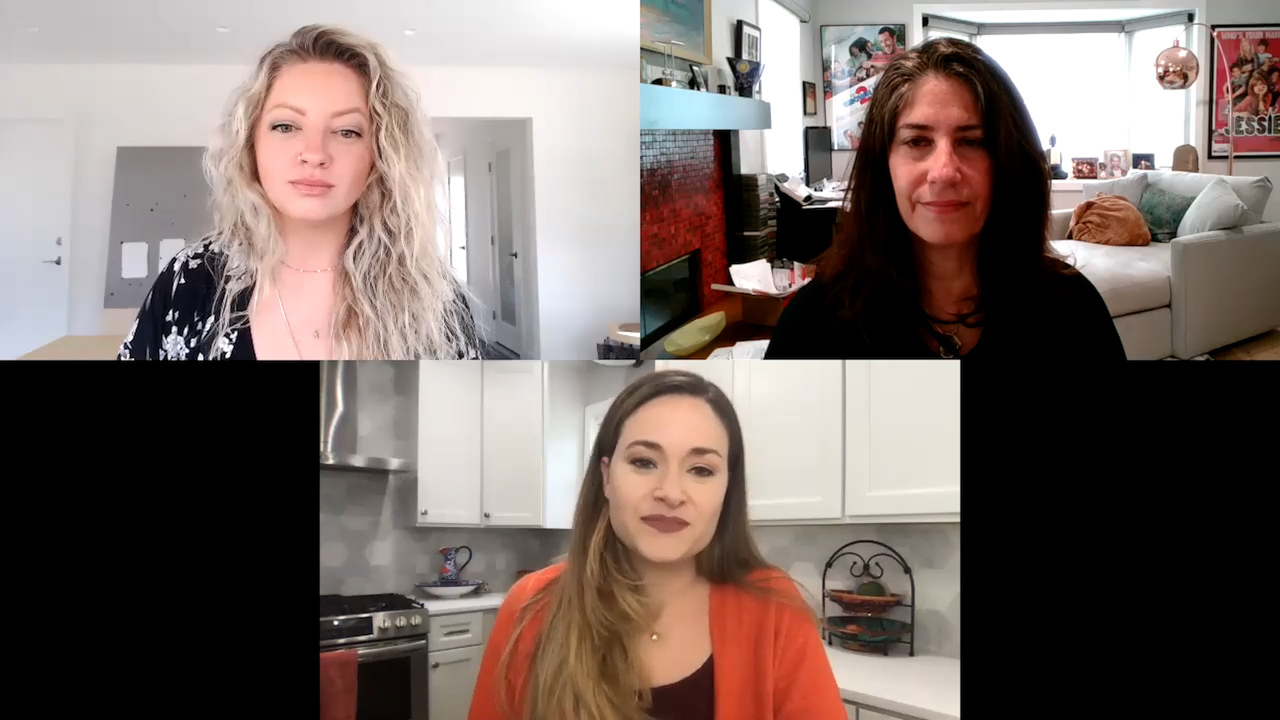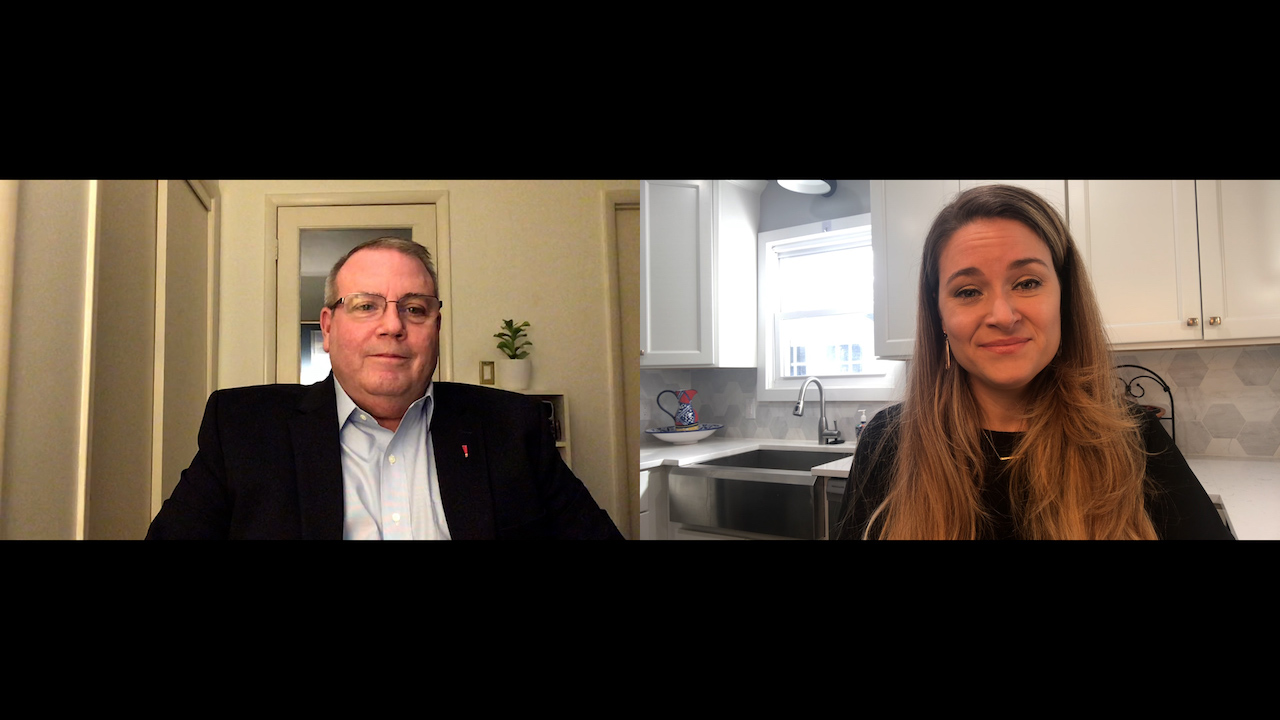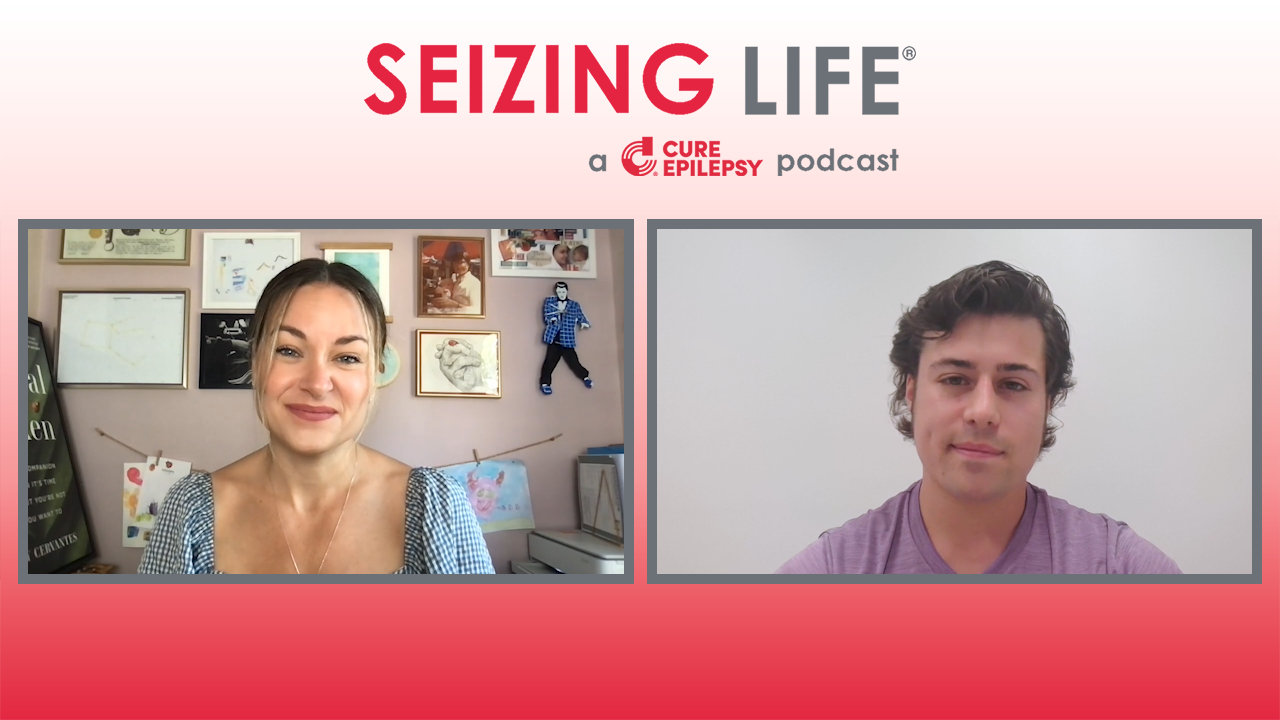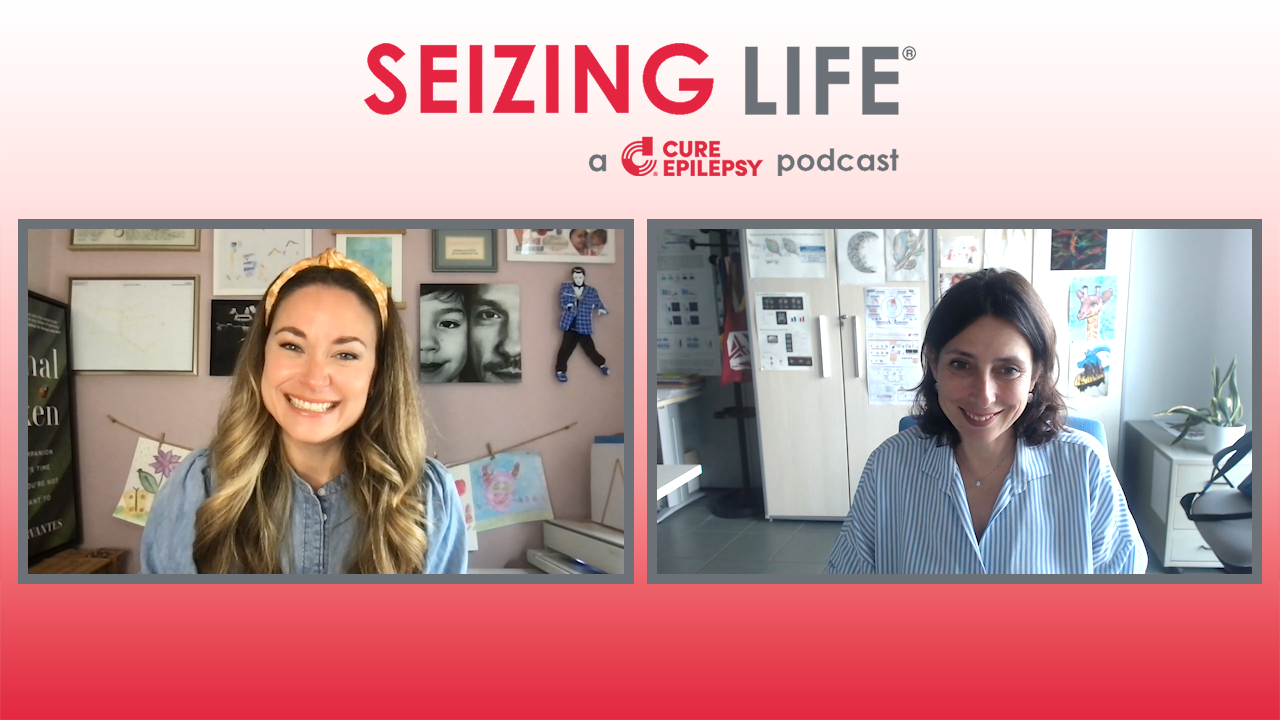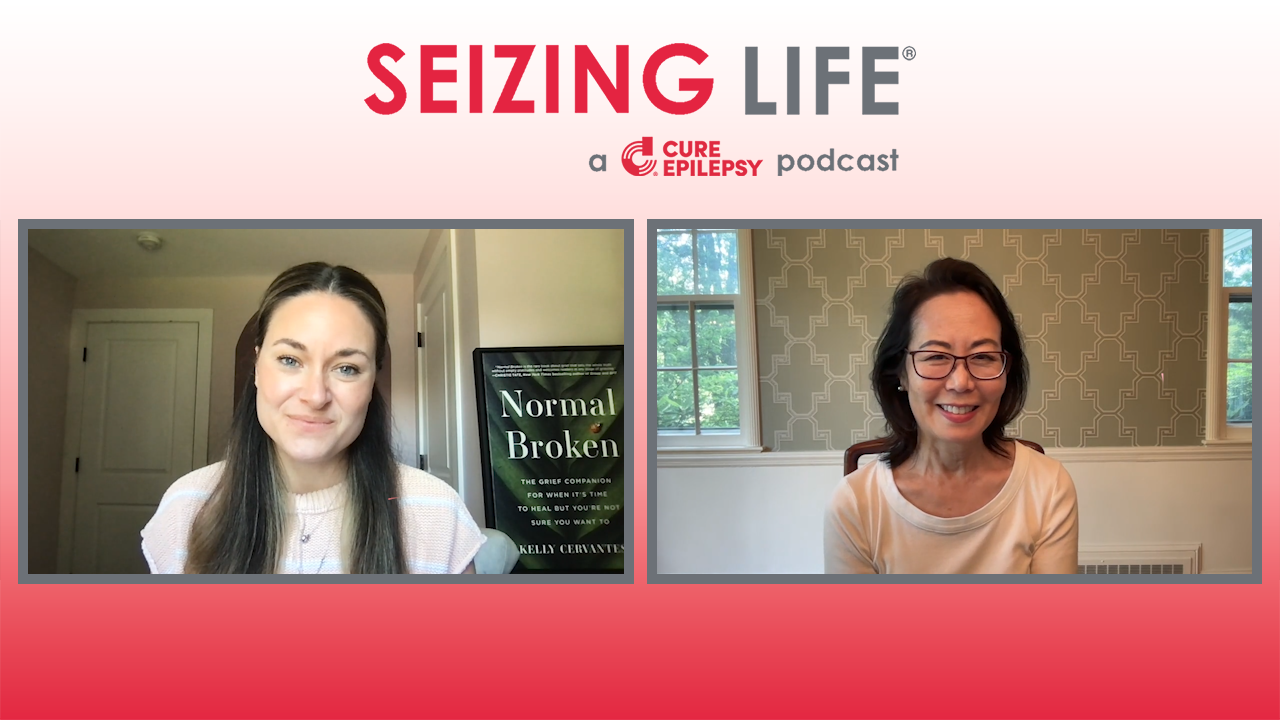A Veteran’s Battle with Post Traumatic Epilepsy
In July 2007, Patrick Horan was on a mission in Iraq when he suffered a catastrophic head wound resulting in a devastating traumatic brain injury (TBI). With his wife Patty at his side, Patrick struggled through months of recovery only to have much of his progress suddenly eliminated by grand mal seizures with the onset of post-traumatic epilepsy (PTE).
As Veterans Day nears, we speak with former U.S. Army Captain Patrick Horan and his wife Patty on this week’s episode of Seizing Life. The Horans describe the circumstances around Pat’s near-fatal injury, the amazing efforts of soldiers and medical personnel to save Pat’s life, the sudden, shocking onset of epilepsy months into Pat’s recovery process, and the long battle they have waged against PTE. As long-time supporters and friends of CURE Epilepsy, Patrick and Patty are dedicated to raising awareness and funding for post traumatic epilepsy research.
TBI accounts for 20% of symptomatic epilepsy in the general population and 5% of all epilepsy*. Epilepsy as a result of TBI, known as PTE, can occur as soon as right after initial brain injury to as long as years after the injury. For those struggling to recover from a TBI, the occurrence of PTE can significantly impact the recovery process, robbing patients of hard fought cognitive and physical progress gained through months of recuperation and rehabilitation. PTE is of particular concern for members the military, where the occurrence of TBI from battle wounds can often result in the development of post-traumatic epilepsy. 4.2% of all troops (Army, Air Force, Navy and Marine Corps combined) who served from 2000 to 2011 were diagnosed with a TBI.**
CURE Epilepsy has partnered with the U.S. Department of Defense to implement a research program focusing on post-traumatic epilepsy as a result of TBI. This initiative aims to improve ways to study PTE in a laboratory setting, develop biomarkers, and understand risk factors that will help us predict who will develop PTE following TBI. In this way, we will lay the groundwork for the creation of novel therapies to prevent the development of PTE.
Additional Resources:
Webinar: Post-Traumatic Epilepsy and Cognitive Training: Improving Quality of Life Through HOBSCOTCH
* Hauser WA, Annegers JF, Kurland LT. Prevalence of epilepsy in Rochester, Minnesota: 1940–1980. Epilepsia. 1991;32:429–445.
** Centers for Disease Control and Prevention. Report to Congress on Traumatic Brain Injury in the United States: Epidemiology and Rehabilitation. National Center for Injury Prevention and Control; Division of Unintentional Injury Prevention. Atlanta, GA; 2015.
Download Audio
Want to download this episode? Fill out the form below and enjoy the podcast any time you’d like!
